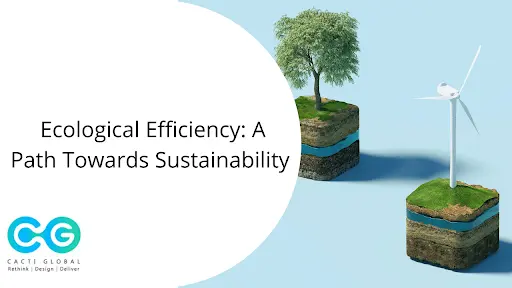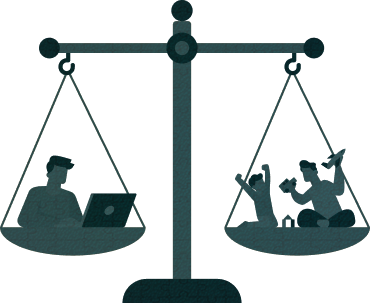How important is the environment when compared with the economy?
Businesses continuously monitor the economies of the world, so that they can act upon opportunities or threats as and when they arrive.
But what about the environment? The changes in the environment impact your business just the way economics does i.e it impacts your future profit prospects, supply and demand factors, relationships with stakeholders, etc. The only difference is that these are not taken into account as the environment is considered to be a non-marketable good/service. This is a major problem from both economic and environmental perspectives.
The negative and positive externality occurs due to the environment being thought of as no one’s responsibility and hence the costs and benefits accruing by damaging or preserving it respectively are not accounted for. To give a quick definition, a negative externality is a cost suffered by a third party due to an economic transaction (production/ consumption).
Considering that externalities are the consequence of economic transactions, it very much comes under the purview of businesses. When externalities are not taken into consideration, inefficiencies spring up as the cost is underestimated and goods are overproduced or the price is underestimated and goods/services are over-consumed and the prices are lower than equilibrium prices – these imbalances affect businesses in the long term.
Over and above that, when economic capital grows by trading-off social and natural assets, it reduces the overall well-being of the society. This is why now we have Sustainable Development Goals and Environment, Social, Governance (ESG) regulations becoming mandatory for companies. The importance of sustainable development strategies is not limited to maintaining a reputation in the market, rather it is a prerequisite if the company wishes to keep operating optimally. But still, many companies hesitate when going for greener technologies as there is an implicit assumption that it is not going to be the most profitable choice.
This is exactly when ecological efficiency enters the picture – it is about when we find the equilibrium between environmentally efficient alternatives and economically efficient alternatives. Hence, shifting your company’s focus to ecological efficiency can help you earn the confidence of different stakeholders in the market and also help you become more profitable and sustainable in the long run.
As of now, our businesses are poorly placed when it comes to future competitiveness. Even though, as per accounting standards our industries operate under the “going-concern” principle, the actions we are taking suggest otherwise. When growth happens at the cost of ecological deterioration or rather when ecological carrying capacity (The overall ability of an ecosystem to maintain its current conditions) is exceeded, businesses are putting their future profits at risk. How? When ecological capacity is exceeded constantly, eventually, there will be a shortage of natural resources, consequently, raw materials, in turn hiking their prices and this will narrow the current margins.
Further, as our societies progress and become more literate, consumers too become aware of the need to protect the environment from deterioration. Hence, the preferences to consume a particular good/ service will change if the effect on ecology is manifold. One of the best examples is how consumers are shifting to vegetarianism and veganism, which is eventually going to harm the poultry, fish, and dairy industries.
Alternatives to greener ways to produce already exist and it is in the best interest of the companies and society to incorporate them, hence preventing running out of business in the long run by becoming more eco-friendly and eco-efficient.
After all, as Satish Kumar quoted “Economy without ecology means managing the human-nature relationship without knowing the delicate balance between humankind and the natural world.”











